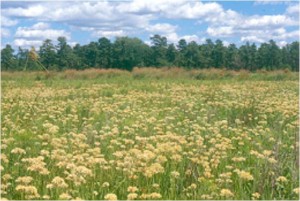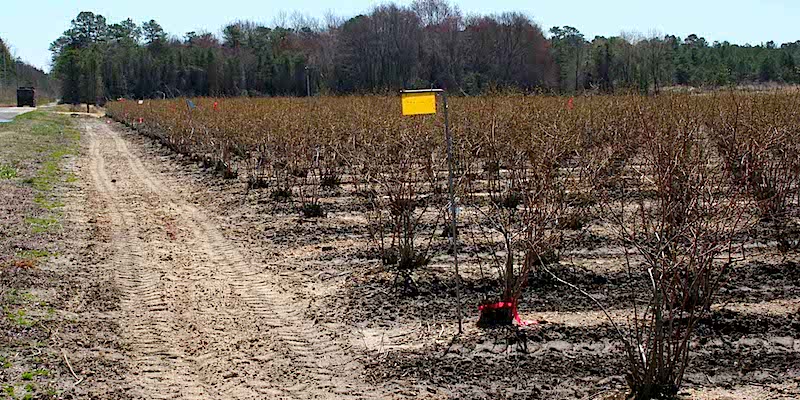“Are you a grower? Got stink bugs? We need your help! We’re surveying growers to assess the impact of BMSB on crops and gathering information that will help us defeat this pest.
Receive a free Guide to Stink Bugs* if you complete the 10-minute BMSB survey”
https://cornell.qualtrics.com/SE/?SID=SV_5ssnjXLNhvp6v1H
Thanks in advance! – From the Northeast IPM Center
The BMSB Working Group, through NE IPM Center and Cornell University, is collecting information from farmers on BMSB impact and management. If you have time, please fill out this short survey. It will help to gather information that we can use to identify what’s working and what we still need to do.


